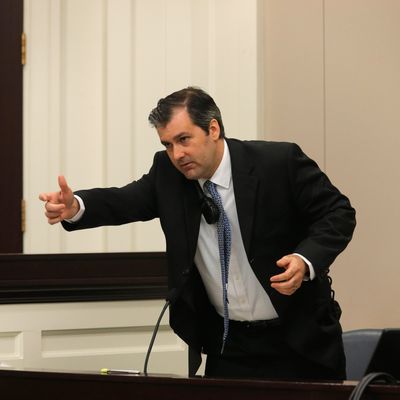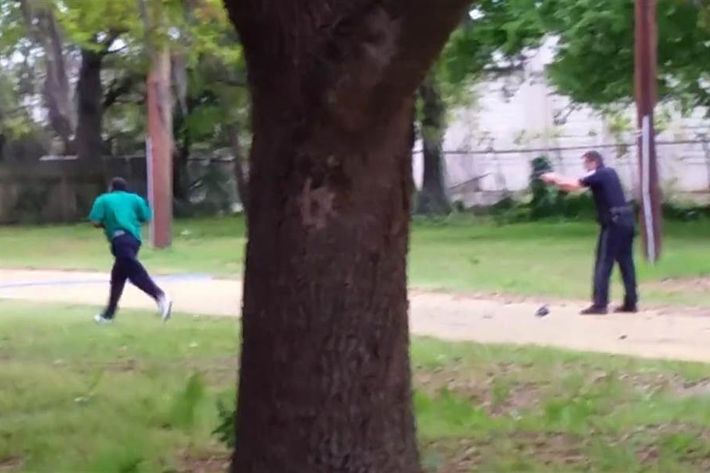
In April 2015, Michael Slager shot Walter Scott five times from behind. Scott was unarmed and running away from Slager when the bullets pierced his body and ended his life. We know this because a witness caught the incident on tape.
Michael Slager was a police officer at that time, and Walter Scott, an African-American man.
On Friday in South Carolina, a jury informed a judge that it could not reach unanimous agreement that Slager’s act had been a crime; or, at least, that the act had constituted murder or voluntary manslaughter.
Two days earlier, the judge had granted the jury’s request to consider the latter charge, which applies to an unlawful killing committed in the heat of “passion,” as opposed to one committed out of “malice.”
The jury had subsequently asked for clarification on the legal definitions of “passion” and “fear.” The request appeared to suggest that some on the jury believe if Slager was “legally” afraid when he shot an unarmed man in the back, then he is innocent of wrongdoing.
Judge Clifton Newman refused to offer clarification, informing the jury that the difference between those two emotions was for them to decide.
They were, apparently, unable to do so: The note that the jury’s foreman handed Newman Friday afternoon read, “It is clear that jurors will not be able to come to consensus.”
In a separate note, the foreman stipulated that there was a single juror unwilling to convict. That juror then submitted a letter declaring, “I cannot and will not change my mind.”
“It isn’t always easy for two people to agree, so when 12 people must agree it must be more difficult,” Newman said, imploring the jury to reach agreement. “Discuss your differences with an open mind.”































